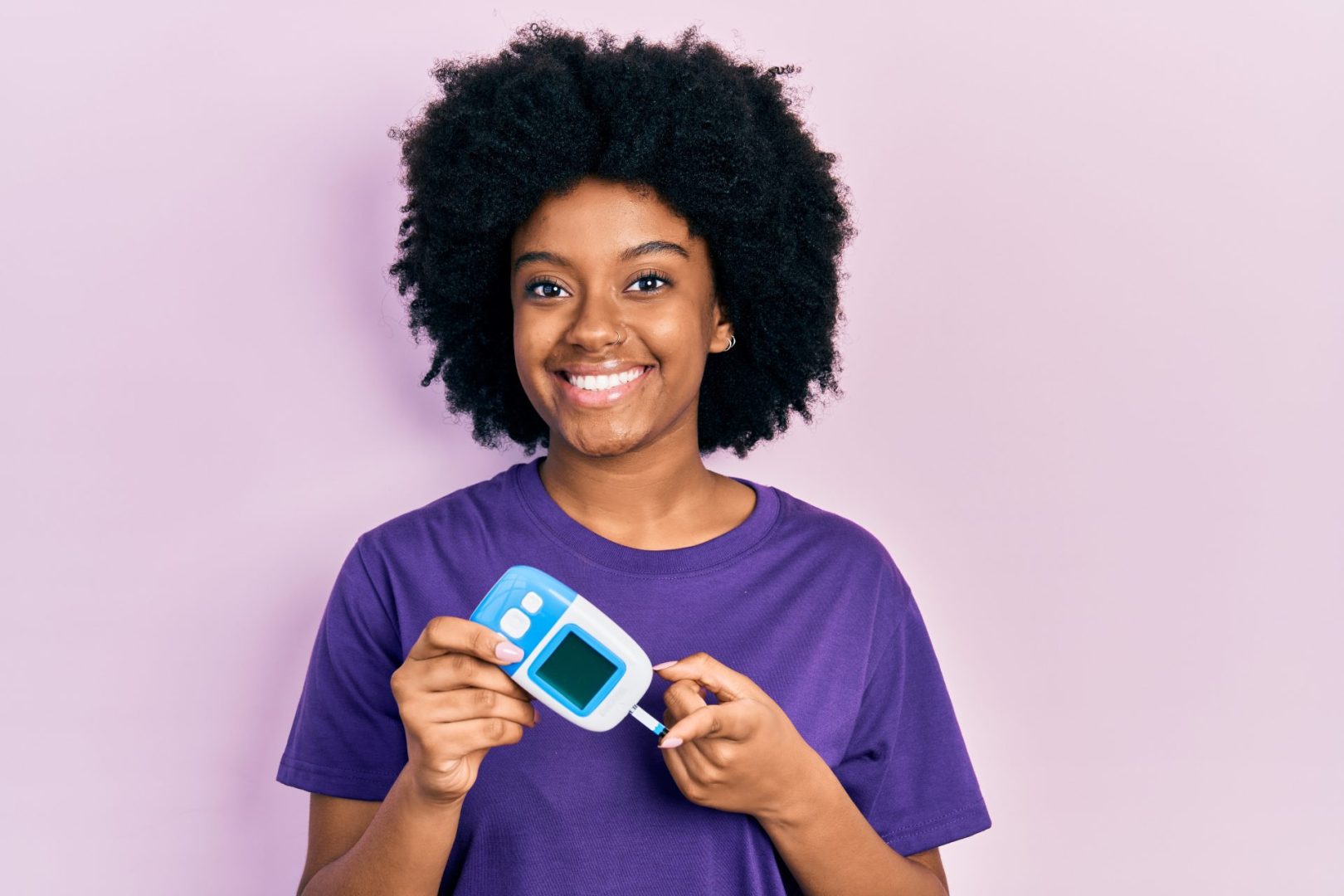Blood sugar isn’t just a buzzword for those with diabetes—it’s a number that matters to everyone. Spikes in those levels can zap energy, mess with mood, and even set the stage for bigger health woes down the road. The kicker? Some of the sneakiest culprits behind those spikes aren’t gym slip-ups or fast-food binges—they’re habits happening right in your own home. Six everyday routines might be sending your blood sugar on a rollercoaster without you even noticing. Here’s a look at what’s going on behind closed doors and why it’s time to rethink these sneaky saboteurs.
The kitchen, couch, and even bedtime rituals can play a bigger role in blood sugar than most realize. These aren’t dramatic choices—just quiet, comfy habits that add up. From late-night nibbling to skipping movement, here’s how six home habits could be throwing your levels out of whack and what’s at stake if they stick around.
The 6 Habits That Stir Trouble
These six home habits might feel innocent, but they’re packing a punch when it comes to blood sugar. Let’s break them down:
- Late-Night Snacking
A bowl of cereal or a handful of cookies before bed might sound harmless, but it’s a fast track to a sugar spike. The body’s metabolism slows at night, so those carbs hit harder, sending glucose soaring when you’re least equipped to burn it off. - Skipping Breakfast
Blowing past the morning meal can backfire. After fasting overnight, the body craves fuel, and missing breakfast can lead to wild swings later—think overeating or craving sweets that jolt blood sugar up fast. - Sipping Sugary Drinks
That soda, sweetened tea, or fruity juice stashed in the fridge? They’re liquid sugar bombs. Gulping them down floods the bloodstream with glucose in minutes, overwhelming the body’s ability to keep things steady. - Sitting Too Long
Binge-watching shows or scrolling endlessly on the couch keeps the body idle. Muscles that aren’t moving don’t use up glucose, letting it pile up in the blood instead. Hours of stillness can quietly crank levels higher. - Stress Piling Up
Home might be a sanctuary, but it’s also where stress can fester—bills, work calls, or family chaos. The body pumps out cortisol in response, a hormone that nudges blood sugar up as part of its fight-or-flight prep. - Skimping on Sleep
Burning the midnight oil or tossing all night throws off more than just your mood. Poor sleep messes with insulin—the hormone that keeps blood sugar in check—leaving levels climbing by morning.
These habits don’t scream danger, but their impact sneaks up, nudging blood sugar into risky territory one cozy night at a time.
Why Spikes Matter
A blood sugar spike isn’t just a blip—it’s a signal. When levels jump, the body scrambles to pump out insulin to shuttle glucose into cells. Over time, those spikes can wear out that system, making it harder to stay balanced. Fatigue, irritability, and hunger can creep in fast, and down the line, the risks climb—think heart trouble or even diabetes.
Even for those without a diagnosis, keeping blood sugar steady matters. It’s about feeling good day-to-day and dodging bigger problems later. These home habits might seem small, but their ripple effects hit hard.
Late Nights, Big Problems
That midnight snack habit is a sneaky one. The body’s primed to rest at night, not wrestle with a sugar rush. A quick hit of carbs—like chips or ice cream—sends glucose soaring when insulin’s less efficient. Pair that with lying down soon after, and the spike lingers, setting up a rocky start to the next day.
Breakfast Isn’t Optional
Skipping the first meal might feel like a time-saver, but it’s a blood sugar gamble. Without that morning fuel, the body can overcompensate later, craving quick fixes that spike levels fast. A steady breakfast—like oats or eggs—keeps things even, while skipping it invites chaos.
Drinks That Deceive
Sugary drinks are wolves in sheep’s clothing. They taste refreshing, but they’re dumping sugar straight into the bloodstream with no fiber or protein to slow the hit. Even “healthy” options like juice can pack a wallop, making them a habit worth rethinking.
Movement Goes Missing
Sitting for hours—whether working from home or unwinding—lets glucose hang out in the blood too long. Muscles burn it up when they move, so staying parked on the couch or at the desk means levels creep up. A quick walk or stretch can flip that script fast.
Stress Sneaks Under the Radar
Home stress doesn’t always feel like a big deal—until it is. Cortisol from constant worry or tension tells the liver to release stored sugar, spiking levels even without a bite of food. It’s a silent push that builds up over days or weeks.
Sleep’s Secret Power
Cutting sleep short is like handing blood sugar a free pass to climb. Insulin sensitivity tanks when rest is scarce, leaving glucose unchecked. A solid seven or eight hours can keep that balance, while skimping throws it off-kilter.
Taming the Spikes
Kicking these habits doesn’t mean a total overhaul—just smarter swaps. Swap late snacks for a small protein bite like nuts if hunger strikes. Start the day with a balanced plate to dodge midmorning crashes. Trade sugary drinks for water or unsweetened tea. Break up sitting with quick laps around the house. Find calm with a deep breath or a short walk. And aim for a bedtime routine that locks in solid sleep.
Small tweaks can flatten those spikes, keeping energy up and risks down. It’s not about perfection—it’s about catching the culprits before they do real damage.
Home as a Health Hub
The home’s where habits take root, for better or worse. These six—snacking late, skipping breakfast, guzzling sugar, sitting still, stressing out, and losing sleep—aren’t loud offenders, but they’re spiking blood sugar behind the scenes. Spotting them is the first step to taking back control.
It’s not about guilt; it’s about power. Tweaking what happens at home can steady those levels and boost how you feel every day. Blood sugar’s a quiet player, but with these habits in check, it doesn’t have to run the show.

















